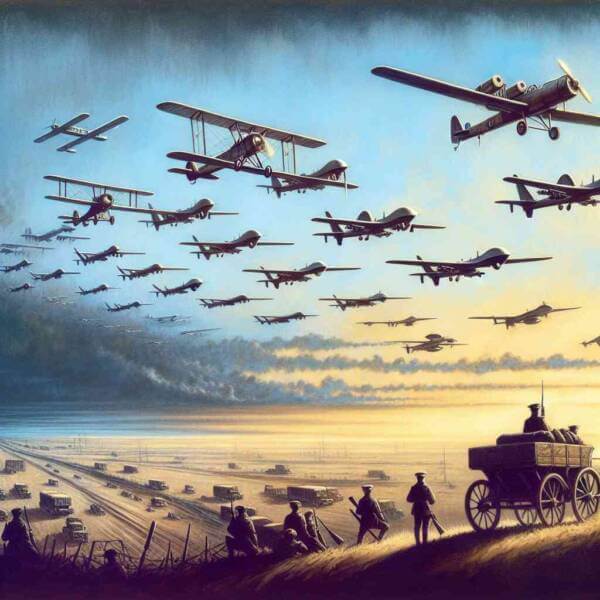Exploring Military Aviation: Key Trends and Innovations
Exploring Military Aviation: Key Trends and Innovations
Blog Article

Since its beginnings in the early 20th century, military aviation has become a key component of military power.
Nations invest heavily in military aviation to enhance defense capabilities.
The Evolution of Military Aviation
Military aviation started during the early 1900s, with aircraft initially used for observation.
Key developments over time:
- First use of armed aircraft in combat
- World War II advancements
- The Cold War era
- Remote operations changing the face of conflict
Each era brought innovative strategies that redefined military capabilities.
Types of Military Aircraft
Understanding the types of military aircraft helps in appreciating the complexity of modern air forces.
Major aircraft classifications:
- Aircraft designed for air-to-air combat
- Bombers
- Logistical support aircraft
- Unmanned aircraft for intelligence gathering
Each type plays a vital role in military operations, from supporting ground forces.
Why Control of the Skies Matters
Controlling the skies protects ground operations.
How controlling the air impacts battles:
- Protecting ground forces
- Targeting infrastructure and logistics
- Gathering critical intelligence
- Psychological impact on enemy forces
Nations with strong military aviation capabilities can shape outcomes.
The Next Generation of Military Aircraft
Constant research and development open new possibilities for future warfare.
Cutting-edge developments:
- Low-visibility planes
- Missiles and aircraft traveling at speeds greater than Mach 5
- Artificial intelligence-driven missions
- Directed energy weapons
These advancements expand mission possibilities for air more info forces worldwide.
Challenges in Military Aviation
Despite technological superiority, military aviation faces complex problems.
Major obstacles to overcome:
- Budget constraints for defense programs
- Rapid technological changes
- Protecting systems from hacking and sabotage
- New debates about AI in warfare
Addressing these challenges is essential for maintaining air power.
Where Military Aviation is Heading
The future of military aviation promises an era of transformation.
Future trends may include:
- Smarter decision-making systems
- Defending assets beyond Earth
- Eco-friendly military aircraft
- Enhanced multinational cooperation
The next era of military aviation will revolutionize how wars are fought.
The Enduring Power of Military Air Forces
Military aviation remains an irreplaceable element in global defense.
As technology continues to evolve, the skies will remain a vital domain where military aviation safeguards freedoms.
The future of military aviation is more dynamic than ever — and it’s only just beginning. Report this page